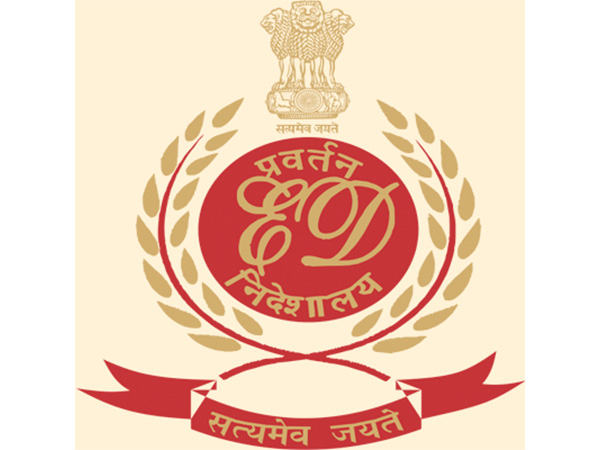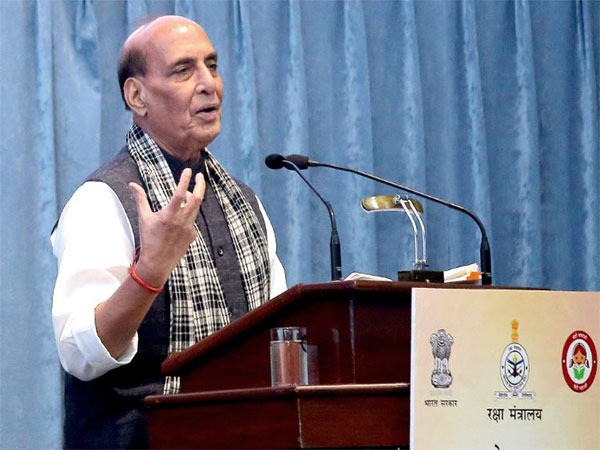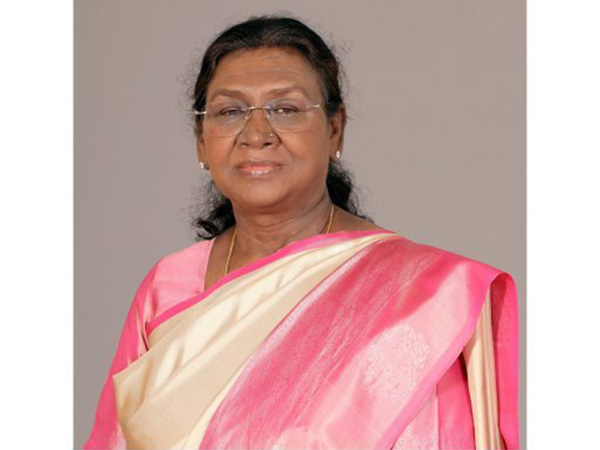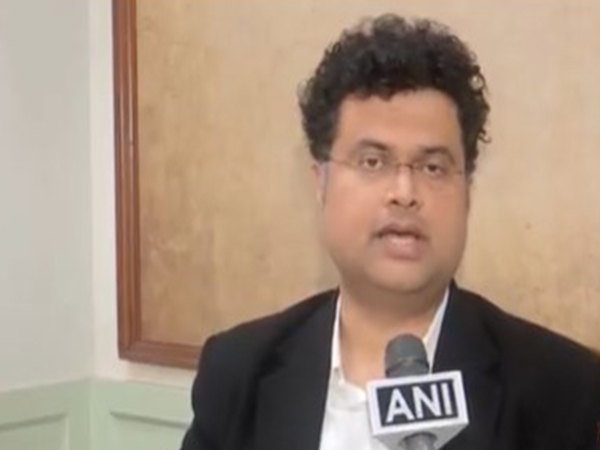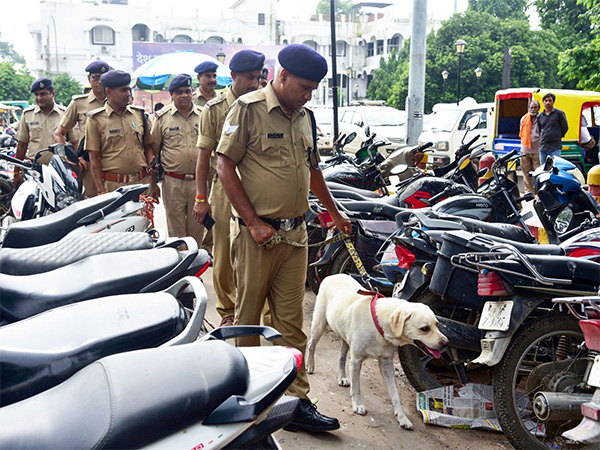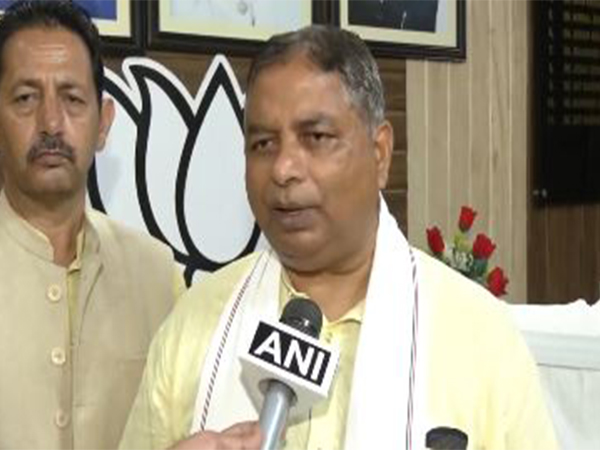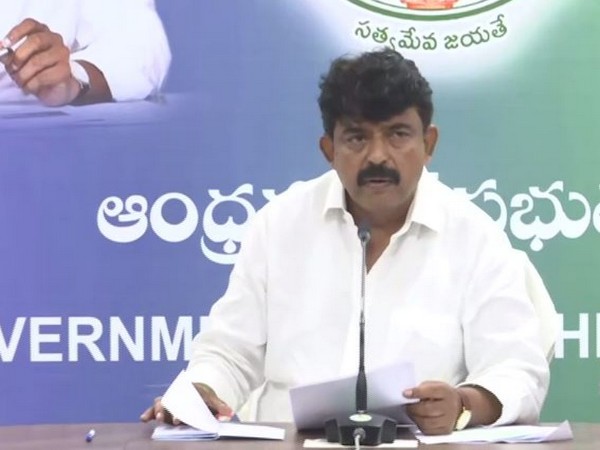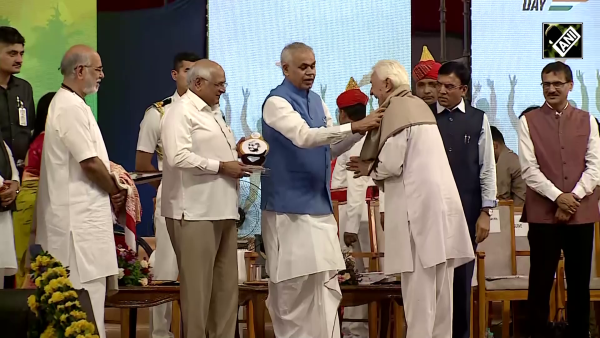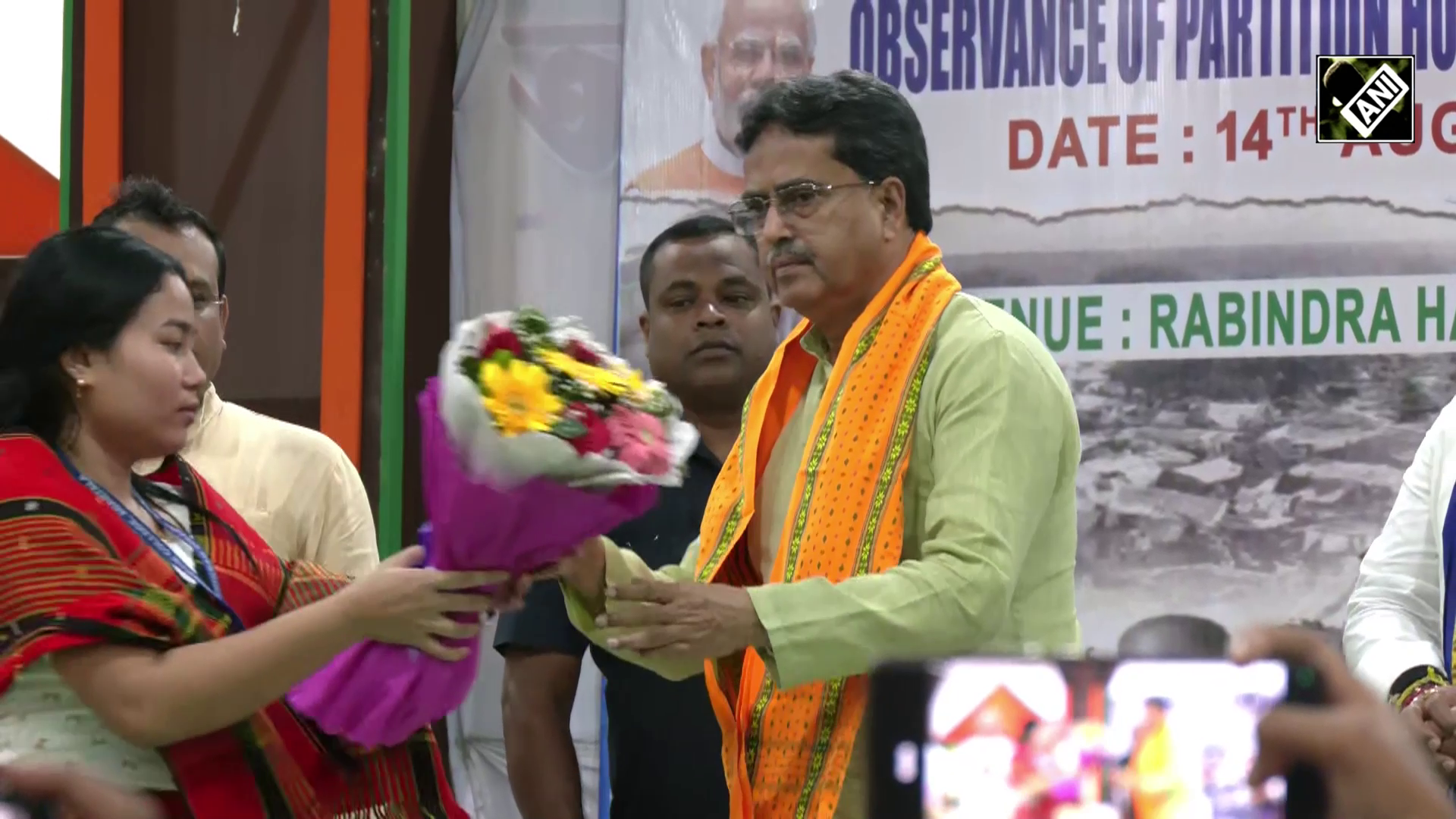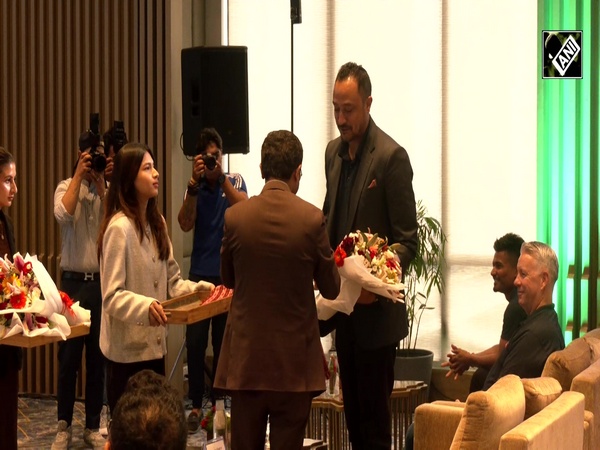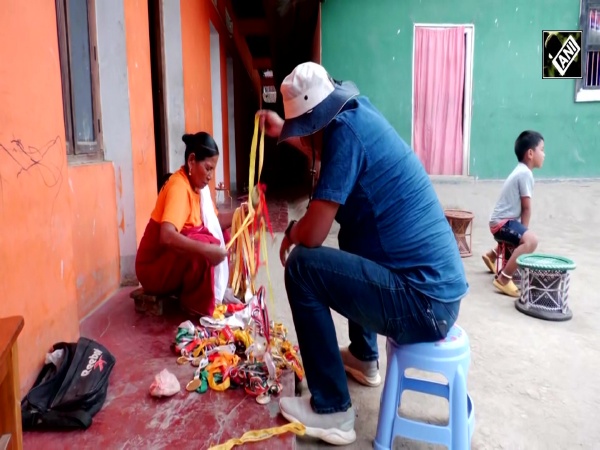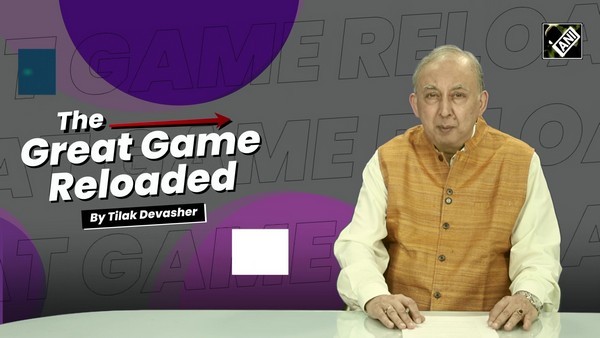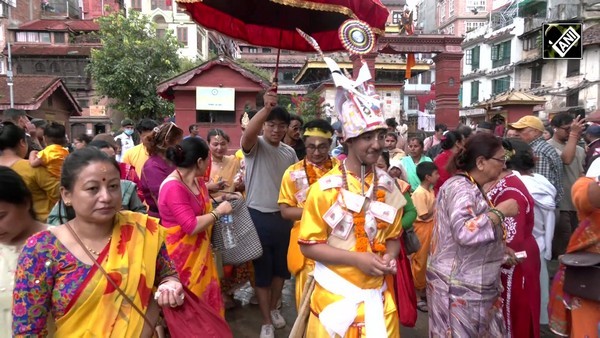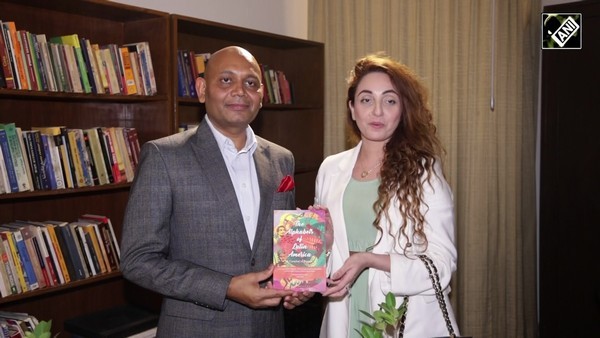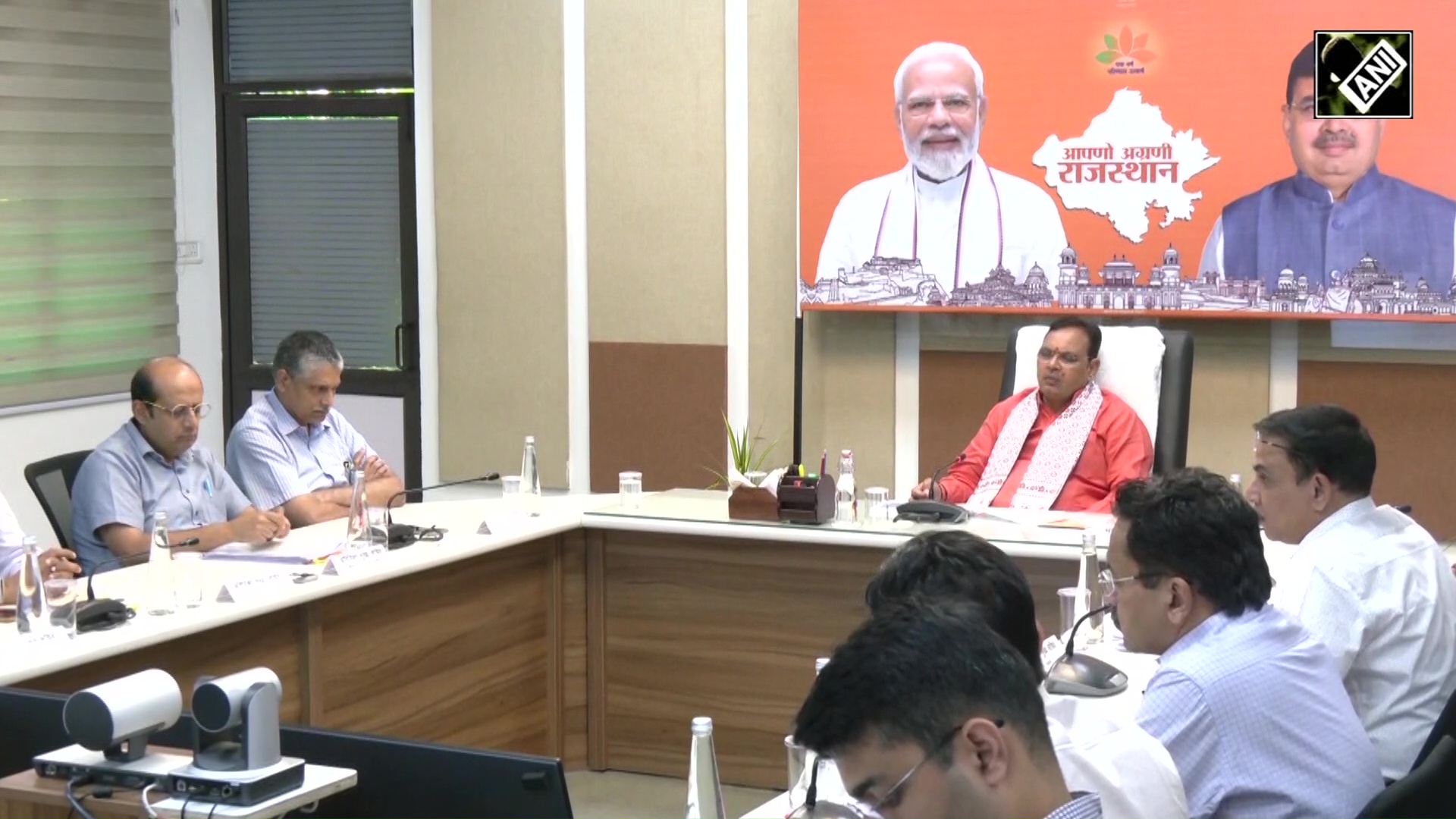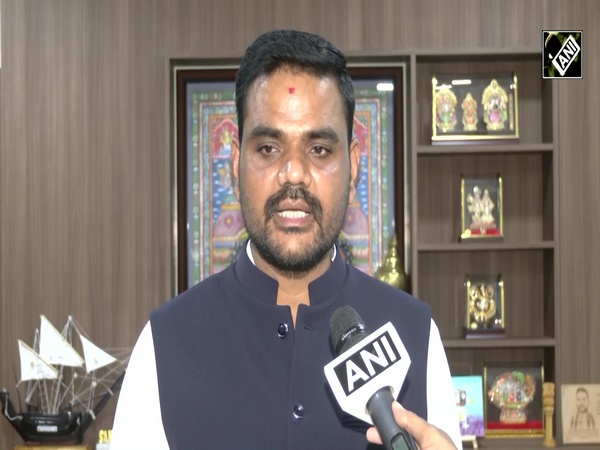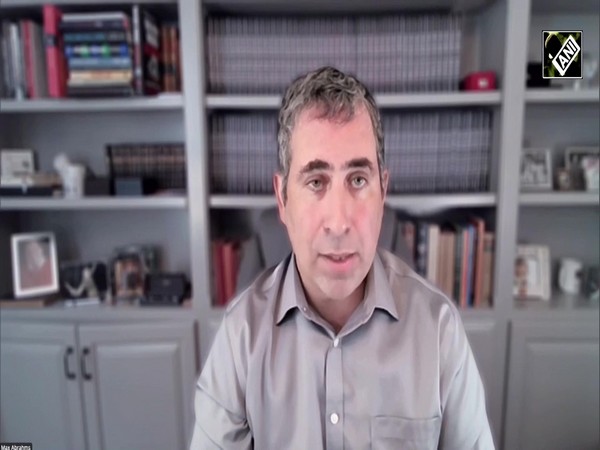VVPAT cross-verification: "We know what happened when there were ballot papers, we haven't forgotten," says SC
Apr 16, 2024

New Delhi [India], April 16 : The Supreme Court on Tuesday, while hearing pleas seeking seeking cross-verification of the votes cast with Voter Verifiable Paper Audit Trail (VVPAT) raised doubts about the petitioners contentions about the feasibility of the physical counting of votes given the large population of India.
A bench of Justice Sanjiv Khanna and Justice Dipankar Datta was not convinced with advocate Prashant Bhushan's arguments to go back to election via ballot paper instead of Electronic Voting Machines (EVMs).
Justice Sanjiv Khanna said, "We are in our 60s. We all know what happened when there were ballot papers; you may have, but we have not forgotten."
The apex court rejected the arguments of Bhushan, appearing for the Association for Democratic Reforms (ADR), about how most European countries that had opted for voting through EVMs have returned to paper ballots.
As Bhushan cited what's Germany's example, the bench asked about the population of the country, to which advocate replied that it is around five-six crore.
Justice Khanna said that 97 crore is the total number of registered voters in India.
"My home state, West Bengal, has more population than Germany. We need to repose some trust and faith on somebody. Do not try to bring down the system like this," Justice Datta told petitioners' counsels.
The bench also said that human intervention in the polling and counting process could lead to further problems and biases.
It added, "Normally, human interventions lead to problems and human weakness can be there which includes biases as well. Machines, normally without human intervention, will give you accurate results. Yes, the problem arises when there is human intervention or someone makes unauthorised changes when they are around the software or machine. If you have any suggestions to avert this, then you can give us that."
The apex court now posted the case for hearing on April 18.
During the hearing, the top court also posed some questions to the Election Commission of India (ECI) and asked whether CCTV cameras are installed at all polling booths.
The official of ECI present through video-conferencing told the bench that CCTV cameras are installed in 50 percent of polling booths.
It also asked whether there is any law providing for punishment of officials and authorities for manipulating EVMs and opined that unless there is fear of stringent punishment, there is always possibility of a manipulation.
It told ECI, "Suppose there is some manipulation what the punishment prescribed. That is serious thing. There should be a fear that if something wrong is done then there will be punishment."
On a query, the ECI official told the bench that the machines are sealed in the presence of the representatives of the candidates and that they are kept in a tamper-proof condition.
The apex court was hearing plea seeking more extensive verification of EVMs data against VVPAT records.
NGO ADR in its plea sought cross verification by the voters of votes cast by them as "counted as recorded" in the EVMs with VVPAT.
The requirement of the voters verifying that their votes have been "recorded as cast" is somewhat met when the VVPAT slip is displayed for about seven seconds after pressing the button on the EVM through a transparent window for the voters to verify that their vote has been recorded on the internally printed VVPAT slip before the slip falls into the 'ballot box', the plea stated.
It said that however, there is a complete vacuum in law as the poll panel has provided no procedure for the voter to verify that his or her vote has been 'counted as recorded' which is an indispensable part of voter verifiability.
